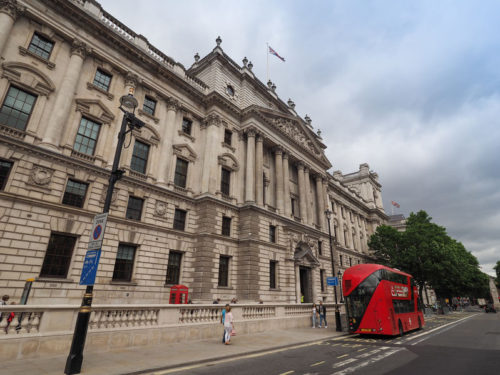5 minute read.
Delays in filing the appellant’s tax return caused by delays in his previous agent giving professional clearance to his new agent and the time taken by HMRC in providing information to the new agent constituted a reasonable excuse for penalty purposes.
The appellant’s self-assessment return for the tax year 2015/16 was filed electronically on 21 September 2017. The due date for the return was by 31 January 2017. HM Revenue and Customs (HMRC) issued late filing penalties (under FA 2009, Sch 55) of £100, £900, and £300. The appellant appealed (although not in respect of the initial £100 penalty).
The appellant argued that his previous agent had been unable to file his tax return because there were no supporting records for the appellant’s construction industry scheme (CIS) sub-contract work, despite numerous requests having been made to the contractor. The previous agent had not advised the appellant that he could obtain the CIS information he needed from HMRC.
The appellant appointed a new agent in May 2017. However, it then took two months for the new agent to take over the appellant’s affairs, as the new agent had to wait that long for professional clearance from the previous agent. The new agent advised the appellant to contact the contractor to request all outstanding paperwork, but he was unsuccessful. It transpired that the contractor in question had repeatedly formed and dissolved several trading entities during the tax year in question without the appropriate paperwork being completed. The appellant was totally oblivious to this.
Once the new agent received clearance from the previous accountant in July 2017, they then had to wait until 11 September 2017 to receive the information requested from HMRC in mid-July 2017. If the information had been provided by HMRC immediately, the agent would have had the information in time to avoid the six-month penalty issued in August 2017.
The First-tier Tribunal (FTT) stated that although the taxpayer must bear responsibility for his agent’s delay, it was in circumstances where the real culpability lay with the contractor. The first agent could be forgiven for trying to get a response from the contractor at least for a reasonable period. The appellant then took care to avoid further delay by appointing a new agent but encountered more delay apparently caused by professional protocol between accountants. There was then a further two-month delay before HMRC provided the missing CIS information.
The FTT concluded that the events which gave rise to the late filing of the appellant’s tax return were clearly exceptional and unusual. Taking all the circumstances into account, he exercised reasonable foresight and due diligence. The appellant’s appeal was allowed.
Wheeler v Revenue and Customs [2019] UKFTT 0435 (TC)






